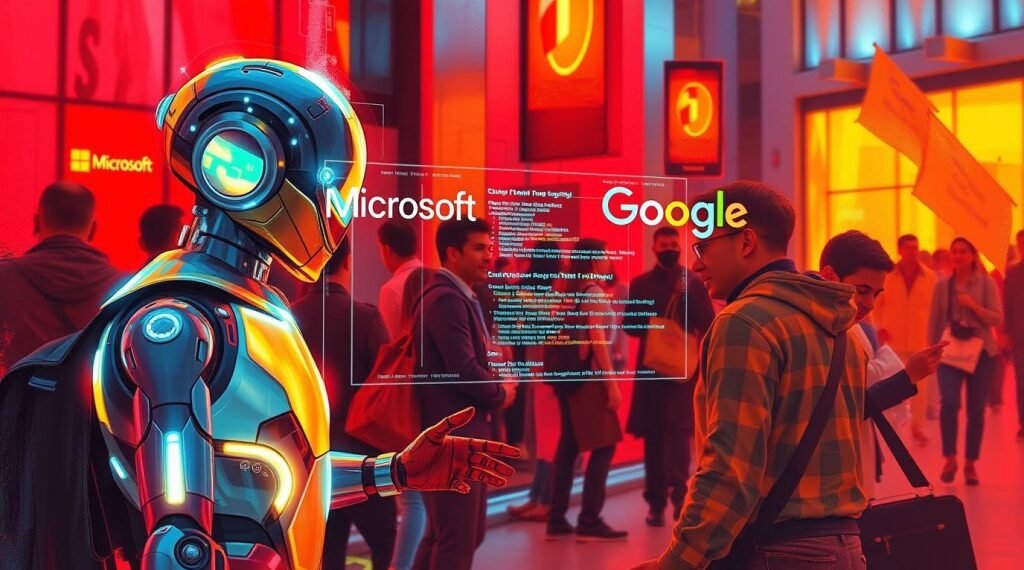The recent Microsoft Build and Google I/O developer conferences generated great excitement, with Microsoft unveiling 50 new AI tools, closely followed by Google’s own announcements. Anthropic contributed to the excitement by releasing Claude 4, its updated large language model, shortly thereafter.
Despite the slew of announcements, which included some less impactful features, there are numerous tools available for businesses to utilize immediately. The evolution of AI agents capable of performing tasks like humans is evident; however, their limited interactivity poses challenges. Microsoft has addressed this limitation by adopting Model Context Protocol (MCP), enabling different agents-regardless of their underlying models-to communicate more effectively, thus promoting agentic AI’s development.
Agentic AI is still emerging, but this standard will facilitate future advancements, allowing developers to choose from a broader range of LLMs without being restricted to a single company’s solutions. Although ChatGPT and Gemini currently dominate the generative AI market, Claude 4 and Opus 4 have entered the scene with noteworthy capabilities, including extended runtimes and improved problem-solving proficiency.
Claude 4 has achieved impressive results, outperforming competitors in software engineering benchmarks and reinforcing its appeal to developers. On the consumer front, Google introduced various AI enhancements at I/O 2025, particularly the AI Mode for search. This feature significantly refines the user experience, allowing for simultaneous multi-query searches that enhance result accuracy.
AI advancements in Google Search techniques will impact countless businesses which rely formulaic visibility to users retrieving their search results. AI Mode ushers in entirely new and rapidly changing tools for online information retrieval and advertisement strategies.
The ainewsarticles.com article you just read is a brief synopsis; the original article can be found here: Read the Full Article…





